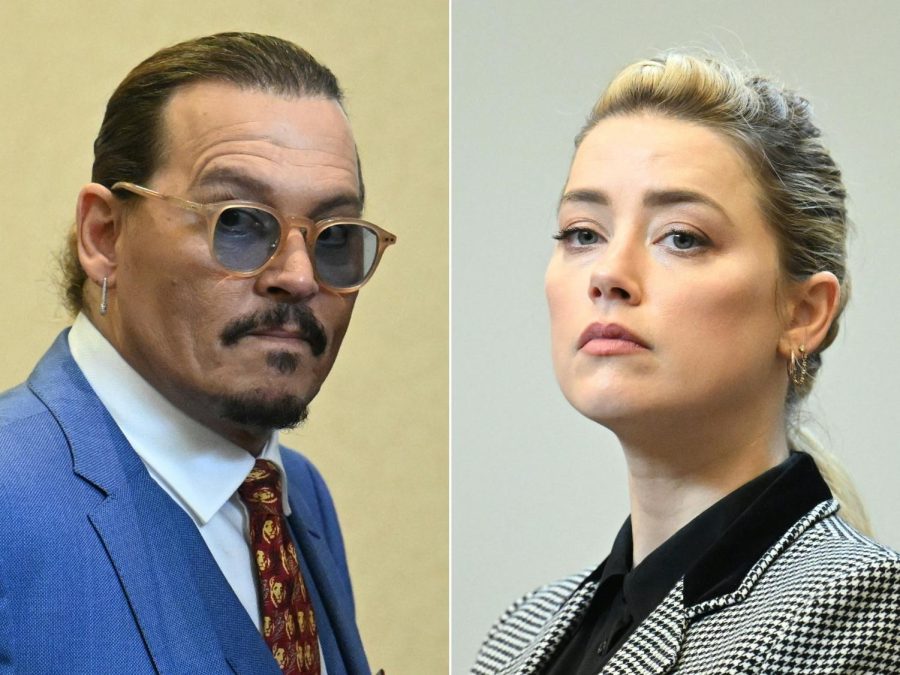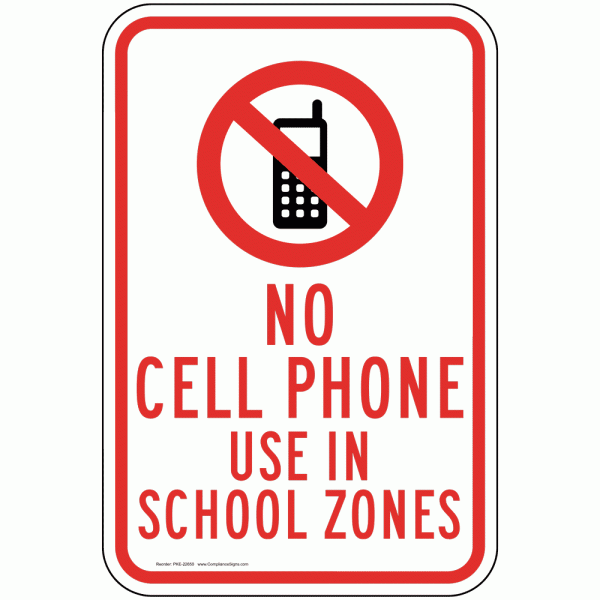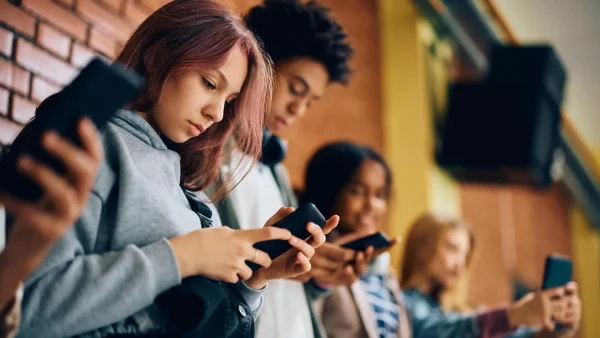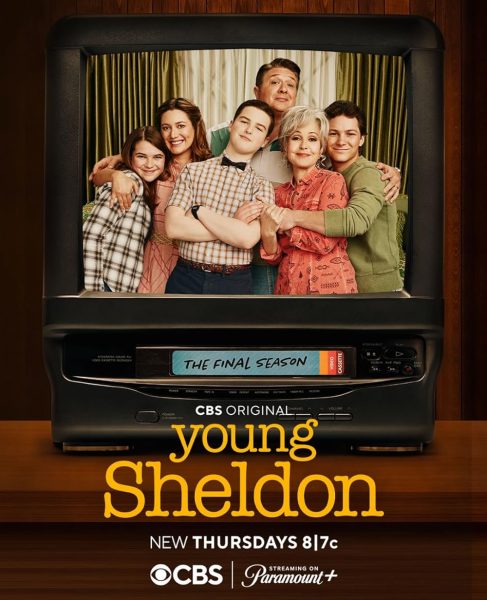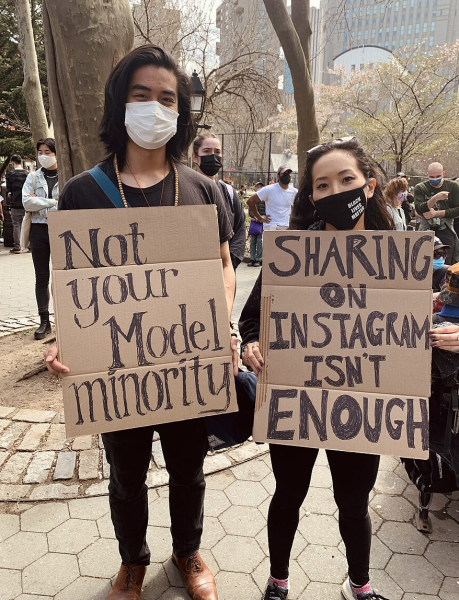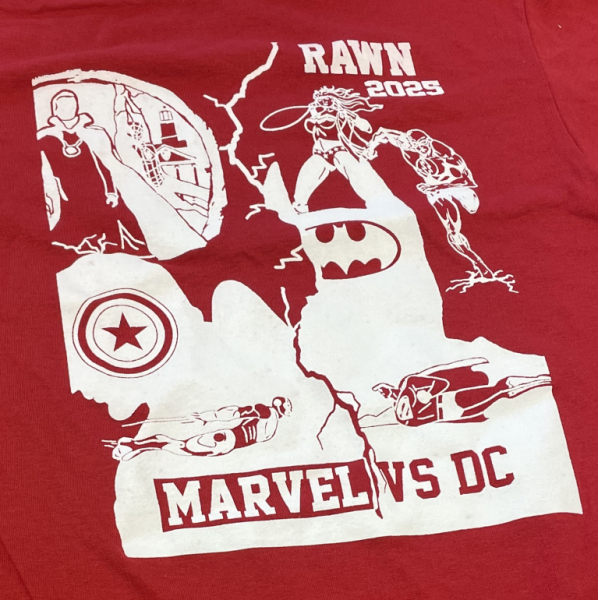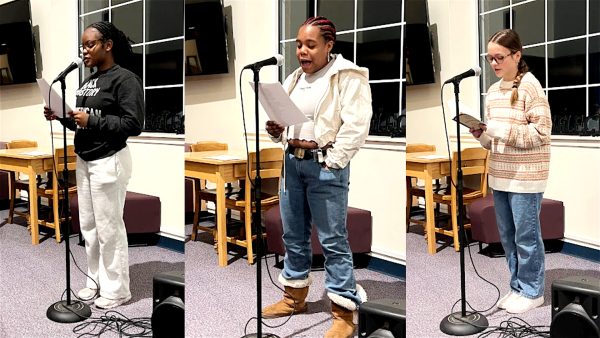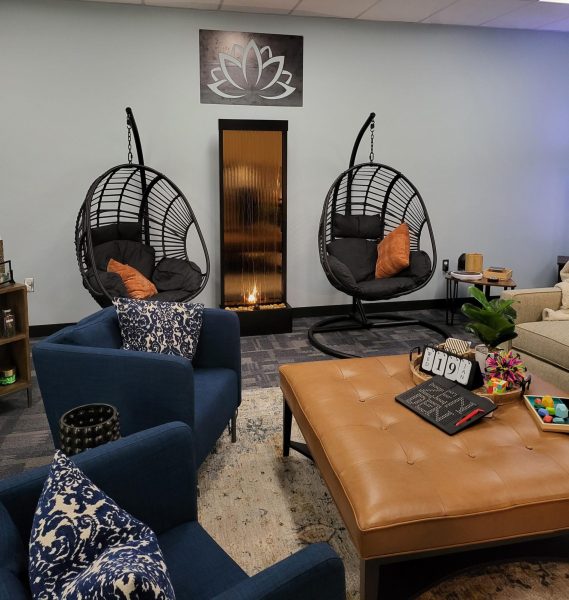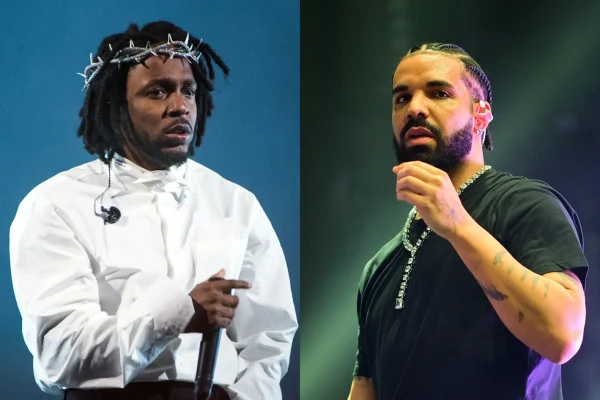“Objection! Hearsay!”: the absurdities of the Depp-Heard case — and what it may mean for social movements
The case that gripped the public has become a larger referendum on how our society grapples with social concerns
The Depp-Heard trial concluded with a verdict on June 1
For the last few months, social media has been flooded with the highly sensationalized Depp-Heard trial. Johnny Depp is suing for $50 million in damages from Heard’s allegations of his abuse—and Amber Heard is counter-suing for $100 million, saying any of her violence was self-defense. In a litigation so heavily dependent on matters of “he said, she said,” many TikTokers and YouTubers quickly came to their own conclusions about who is guilty. Even after the jury has made their verdict and left many Depp fans cheering, social movements like #MeToo face the risk of being undermined from the way followers showed their support.
The conflict between the ex-couple began shortly after Heard filed for a divorce—and a domestic restraining order. Heard won $7 million dollars to withdraw the restraining order, but the dispute continued after Heard published an Op-Ed article in the Washington Post. In the article, Heard claimed she “became a public figure representing domestic abuse, and [she] felt the full force of our culture’s wrath for women who speak out.” Although the article does not explicitly name Depp, his role as an abuser was implied, leading him to be canceled and lose his role as Jack Sparrow in the “Pirates of the Caribbean” franchise. Depp sued his ex-wife for defamation, beginning the court case that concluded this month. Later, The Sun published an article calling Depp a “wife beater,” leading him to sue the paper. However, he lost this case after the judge found its contents to be “substantially true.”
The verdict came in at 3 p.m. on June 1: Depp was awarded $15 million in damages and Heard was awarded $2 million. For Depp fans, it’s a celebration. For domestic abuse survivors, it leaves them in a frightening reality as they wonder if their own experiences will be believed after such a publicized case.
While fans watched to see who the jury would side with, survivors were watching the way people treated alleged victims of domestic violence. Depp had a larger fanbase and the confirmation bias that came along with it. After starring in films like “Edward Scissorhands” and “Charlie and the Chocolate Factory,” he was a household name. On social media platforms, apps are built in with bias by feeding fans more of what they like. Fans of Depp will only see videos which support his innocence, and vice versa. Influencers soon took advantage of hashtags on TikTok, like #JusticeForJohnnyDepp, to gain traction, while making Heard into a meme. Survivors may fear that they too could face this treatment if they choose to speak out.
From the beginning, this case was a lose-lose situation. If Depp had been found to be guilty of domestic violence, fans’ quickness to dismiss a woman’s claim of abuse would have been problematic for the #MeToo Movement. Yet if Amber Heard were convicted for lying, the issue would be the sentiment the case created toward women speaking out about abuse, seeing them as no longer believable. And it’s not just women who are being abused—victims everywhere are watching, and how are they expected to speak up after witnessing this case?
Cases of abuse are stigmatized to be clear cut. People forget men aren’t always the abuser, and women aren’t always the victim. One in three women have experienced physical violence from an intimate partner, but people forget about one in four men. The case can be a turning point for male victims by showing awareness; it opens the doors to the conversation that men can be physically abused by women. Still, the way the case went about it may create fear if these victims aren’t believed. What if the case had gone the other way? Men and women alike can see how Heard was treated during the case, and if Depp wasn’t believed by his fanbase, they can imagine how he would’ve been treated too.
“This case may differ from other domestic violence civil cases [because] Johnny Depp and Amber Heard are celebrities [with] huge social media influences,” said junior Meredith Burley. As a result, it could impact future domestic violence cases as “women are already incredibly vulnerable to this specific topic in court, and now they have experienced being dismissed as well,” according to Burley.
By making Amber Heard into a villain, fans make the case a matter of black and white, forgetting about the gray area that exists in between. It’s not a matter of who was guilty, but their willingness to decide before collecting evidence. In footage from the case, the relationship appeared toxic, with violence on both ends (even if one was in retaliation to a primary abuser). That means that there is no perfect victim, nor the stereotype of innocence that people expect survivors of domestic violence to be. When the victim isn’t perfect, suddenly people believe them less or choose to ignore what the abuser has done. Their drug history comes out and suddenly people start victim-blaming, questioning if they deserved what they went through.
Believing Depp is easier when he is so popular, but what about people that don’t have that luxury? By perpetuating that victims are perfect and abusers seem evil, it makes it hard for people in real life to deal with their own cases of abuse. You don’t know who an abuser may be or what they look like. Maybe it is someone who is kind in public, so when the claims come out towards them you don’t believe they did it. Or, maybe you don’t like the victim, so you don’t believe them. The problem isn’t who is guilty and who is innocent, but how we treat them before it’s decided who is.
The case is over, leaving Depp with a legal victory, but both with defamation charges. The focus now should be on amending what this case broke: the believability of victims. The truth is that there is always going to be the possibility that someone could lie to defame the life of someone else, as we’ve seen in this case. However, by spending all our time making the case into a mockery, victims fear what could become of them.
Your donation will support the student journalists of Rancocas Valley Regional High School. Your contribution will allow us to enter into regional and national competitions, and will help fund trips to journalism conferences to continue to improve our writing and work!

Senior Lillian Drueding is a third year Holly Spirit writer. Previously an Opinions writer, she is now a Managing Editor and oversees the Sports Desk....

